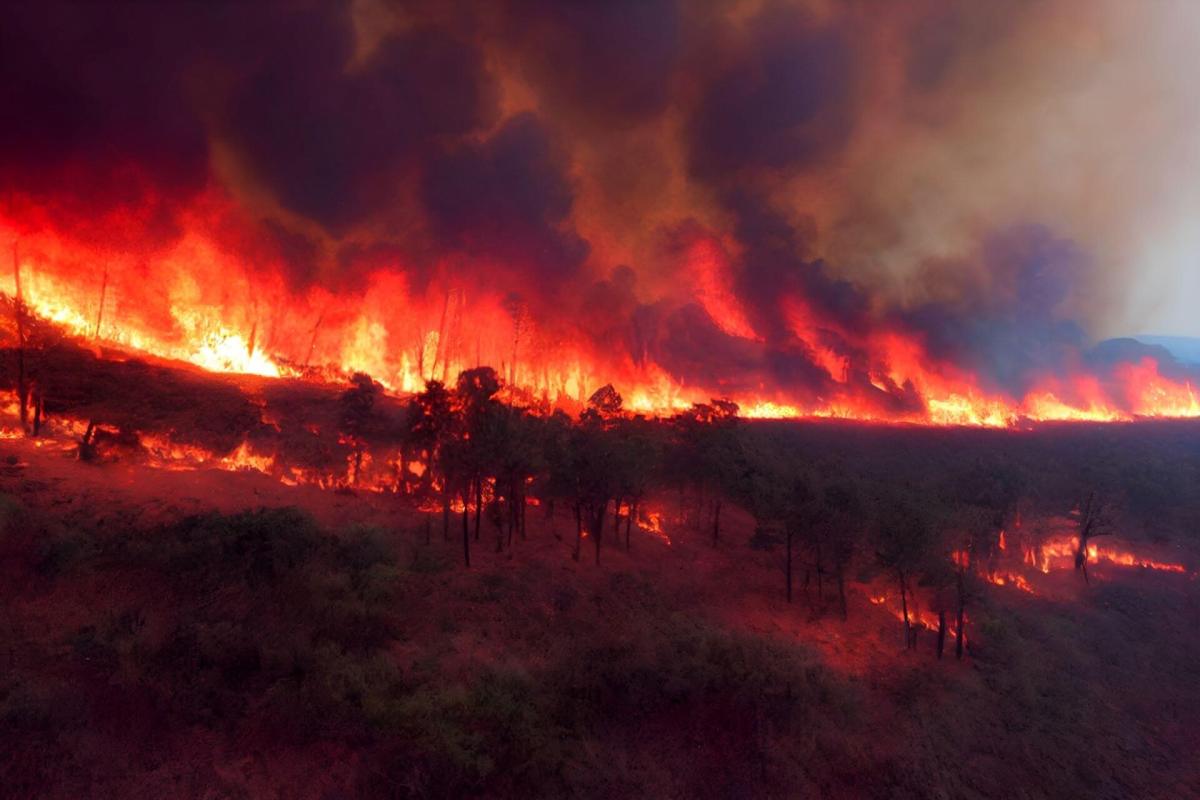In 2021, Kelowna, British Columbia, was saved from an advancing wildfire by a fire prevention zone inspired by Indigenous practices, the New York Times reported.
As this year's wildfires spiral out of control, it's becoming clear that similar prevention is needed throughout the United States and Canada.
The rising global temperature has led to a dramatic increase in wildfires. Wildfire season lasts longer, the fires burn larger areas, and plumes of smoke damage the air quality even in areas that have historically been less affected by fire. This is dangerous for people and damaging for both property and the environment.
Every year, Canada spends billions of dollars fighting fires, the Times reported. British Columbia alone spent almost one billion Canadian dollars on these efforts in 2021. According to Bankrate, the U.S. faces similar costs: $4.4 billion nationwide in 2021 just for fighting the fires. Investing in prevention could be much more cost-effective.
Kelowna proved that prevention works. The Mount Law Fire in 2021 burned 2,400 acres of forest but died on the city's doorstep thanks to a mere 50-acre fire-resistant zone created by logging company Ntityix Development.
Ntityix Development is an Indigenous-owned business, and it drew on traditional practices to work the forest in the area, the Times explained. Ntityix cleared the ground of brush and small trees, using controlled burns in some places to eliminate flammable material. It also removed the lower branches from the larger trees it left in place so that there was a gap the fire couldn't cross between the forest floor and the treetops.
"If you have a fire and it's on a surface, it's fairly easy to contain or to fight," Dave Gill, the general manager of forestry at Ntityix Development, told the Times. "But as soon as it gets up into the crowns, it's game over."
Gill explained that the Mount Law Fire was the first time the company's fire prevention zones had been tested by an actual wildfire. "It indicates to me that it works," he said. "It certainly stopped it advancing."
According to the Times, not everyone is convinced that this type of prevention will be effective, and funding remains scarce. But the more widespread these techniques become, the easier it will be to keep wildfires from getting out of control.
Join our free newsletter for cool news and cool tips that make it easy to help yourself while helping the planet.









